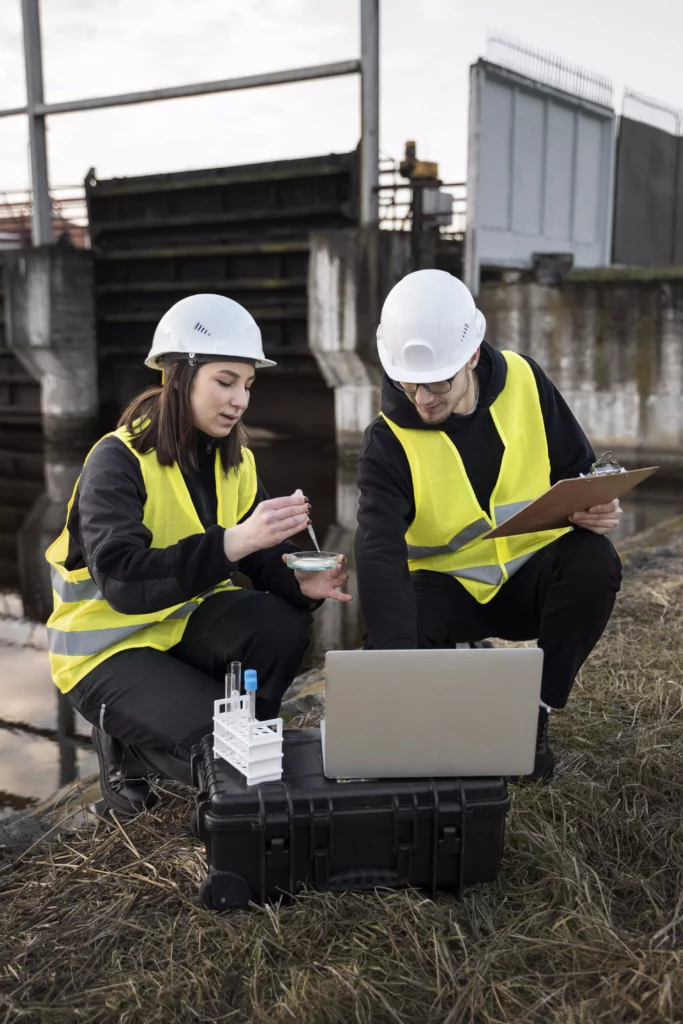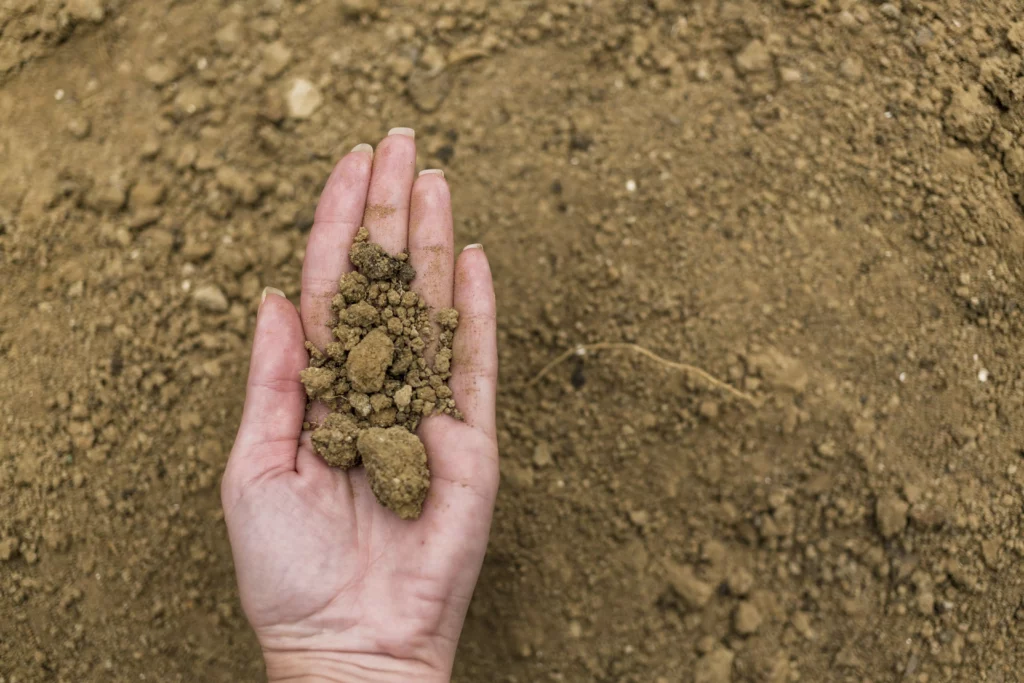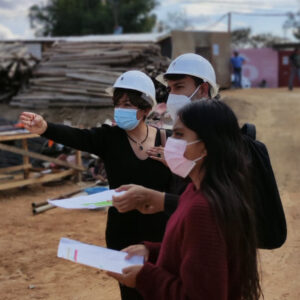
Le Mexique est un pays riche en culture, coutumes, traditions et possède une gastronomie inégalée parmi des boissons et des plats exceptionnels. En outre, elle compte de nombreuses villes qui constituent une grande attraction touristique pour les personnes du monde entier. Cette attraction, associée au style de vie particulier et plus détendu, génère chez certaines personnes le désir d’investir dans une propriété et de commencer une vie dans ce pays impressionnant.
Ce qui précède ouvre la voie à une question très populaire : puis-je acquérir une propriété au Mexique en tant qu’étranger ? Et la réponse est oui. Les étrangers peuvent acheter des propriétés au Mexique, y compris des propriétés en bord de mer. Cependant, il est important de mentionner qu’il existe certaines zones considérées comme des « zones réglementées », qui comportent certaines restrictions pour les étrangers et qu’une fiducie est nécessaire pour acheter.
La décision d’acheter une propriété au Mexique par l’intermédiaire d’une société ou d’une fiducie mexicaine dépendra de plusieurs facteurs, notamment de vos objectifs financiers et personnels, ainsi que des réglementations et restrictions spécifiques à la région où vous souhaitez acheter.
Une fiducie (appelée fiducie immobilière ou « fiducie bancaire ») est une option courante pour les étrangers, notamment dans les zones réglementées, car elle permet l’acquisition de biens avec des protections juridiques. Cependant, une entreprise mexicaine peut également être une option viable, selon la structure juridique et fiscale la mieux adaptée à vos besoins.
Il est donc conseillé de consulter un expert immobilier ou un avocat spécialisé dans le droit des biens étrangers au Mexique pour obtenir des conseils personnalisés sur l’option qui serait idéale pour vous et vos besoins.
Chez SILMÉXICO, nous disposons d’une équipe de professionnels experts en immobilier, en droit de la propriété étrangère au Mexique et en constitution de sociétés mexicaines. Soyez assuré que nous vous conseillons ici pour vous aider à prendre les meilleures décisions d’investissement au Mexique.















